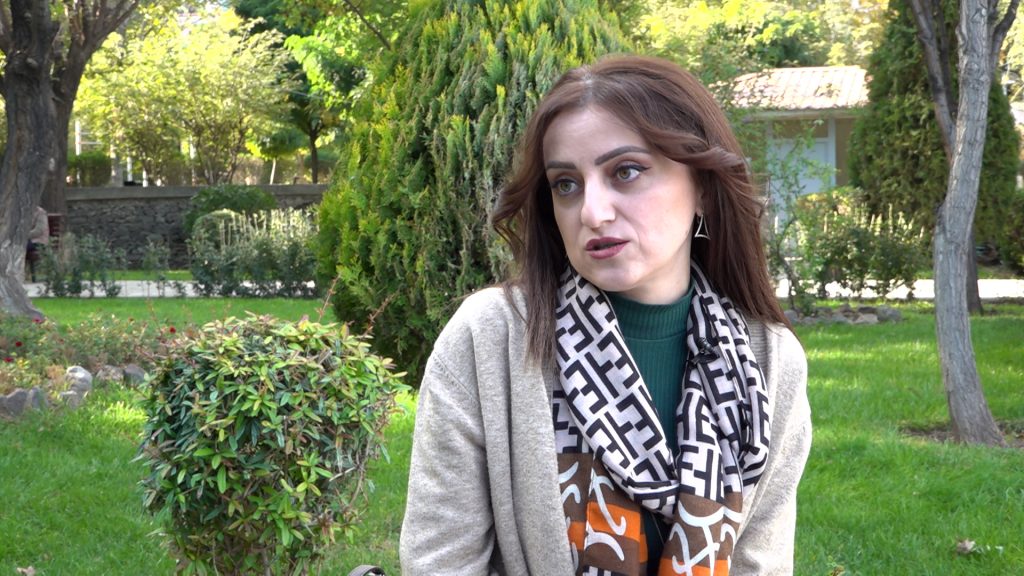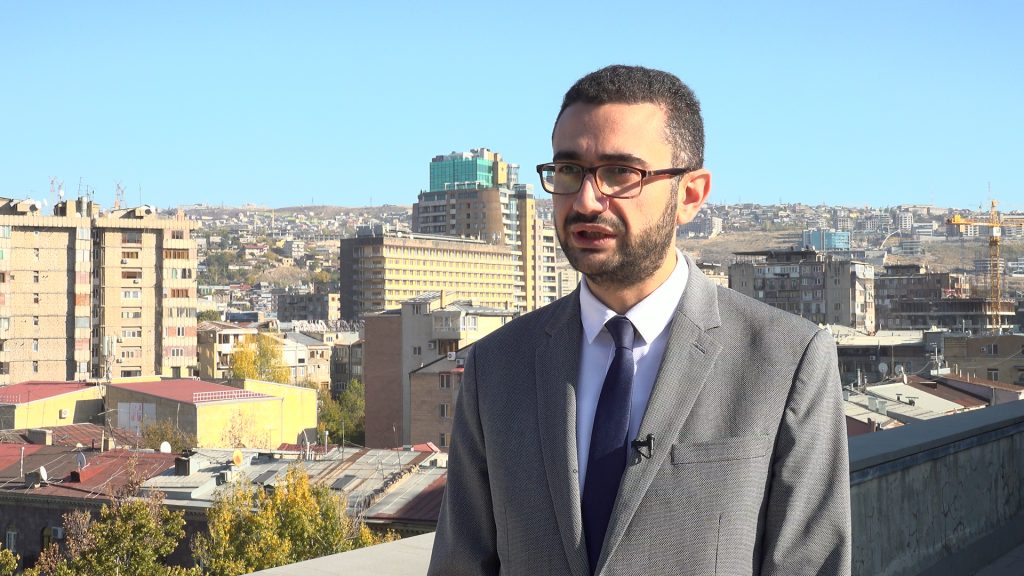By Siranush Adamyan
Following their forced displacement from Artsakh due to Azerbaijan’s ethnic cleansing in September 2023, many refugees now face a new challenge in Armenia: the arduous process of restoring their official documents. From birth certificates to marriage licenses and death certificates, displaced individuals must navigate a complex bureaucratic system to obtain these documents.
The process typically begins at the Civil Status Acts Registration Agency. If unsuccessful there, individuals must then seek assistance from notaries and, ultimately, the courts. This multi-step process has proven both time-consuming and financially burdensome for many refugees.
Srbuhi Grigoryan, who escaped from Artsakh without her birth certificate, has been trying to restore her documentation since February.
“The notary required documents proving I was born in Chartar town to this specific family, or my parents’ marriage certificate, or siblings’ birth certificates,” she explains. “But I’m an only child, and my parents’ marriage certificate remains in Artsakh. While my social security card shows I’m from Chartar, this information isn’t in my passport. I believe this process could have been much shorter if there was a willingness to simplify it.”

The financial cost of document restoration has become a significant burden for many Artsakh refugees. Anahit Melkumyan spent approximately $180 on notary services alone.
“For me, 70,000 drams ($180) is a considerable amount,” she says. “I receive only 84,000 drams ($220) monthly. People’s hard-earned money is being spent on these procedures and paperwork.”
Lawyer David Hovhannisyan, who receives multiple consultations daily and at least three court cases weekly from Artsakh refugees, suggests looking to past solutions.
“After the 1990s, thousands of Armenians who fled from Baku, Sumgait, and other places of Azerbaijan settled in the Republic of Artsakh,” he explains. “For these individuals, Artsakh’s Ministry of Justice and civil registration bodies created a simplified procedure, restoring documents even without complete documentation.”
Many refugees are unaware of the proper procedures for document restoration or where to seek assistance. State bodies have not published guidelines to help Artsakh refugees navigate the process, leaving many in the dark about the necessary steps. The document restoration process is particularly crucial for obtaining citizenship, which is required to apply for the government’s housing program for Artsakh displaced persons.
Armen Ghazaryan, head of the Migration and Citizenship Service, emphasizes the importance of complete documentation: “We face main challenges with birth certificates, which are the primary documents allowing for initial identification. Without this initial identification, the citizenship process is impossible.”

When asked about the number of applications and rejections, the Ministry of Justice stated they lack the technical capability to separate document restoration applications between those from Artsakh and Armenia, or to track rejection rates for Artsakh residents specifically. The Ministry did confirm that they received “part of the civil registration archives” from Artsakh’s territorial departments through the Migration and Citizenship Service.
Attempts to get comments from the Chamber of Notaries and the Ministry of Justice about potentially simplifying the process or waiving fees for Artsakh refugees were unsuccessful. Questions submitted to the Ministry on October 23 remain unanswered.
The post Karabakh refugees in Armenia struggle to restore lost documents appeared first on CIVILNET.